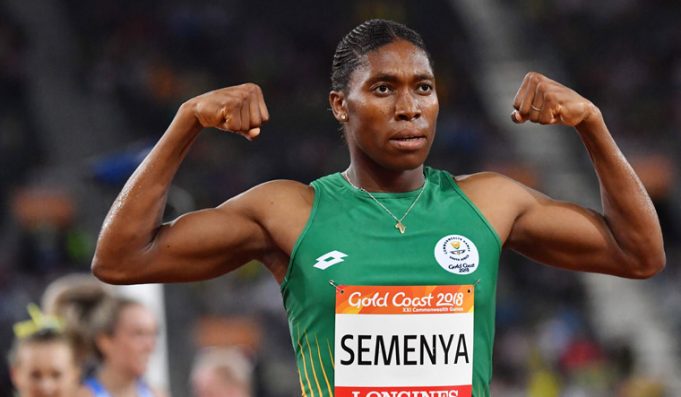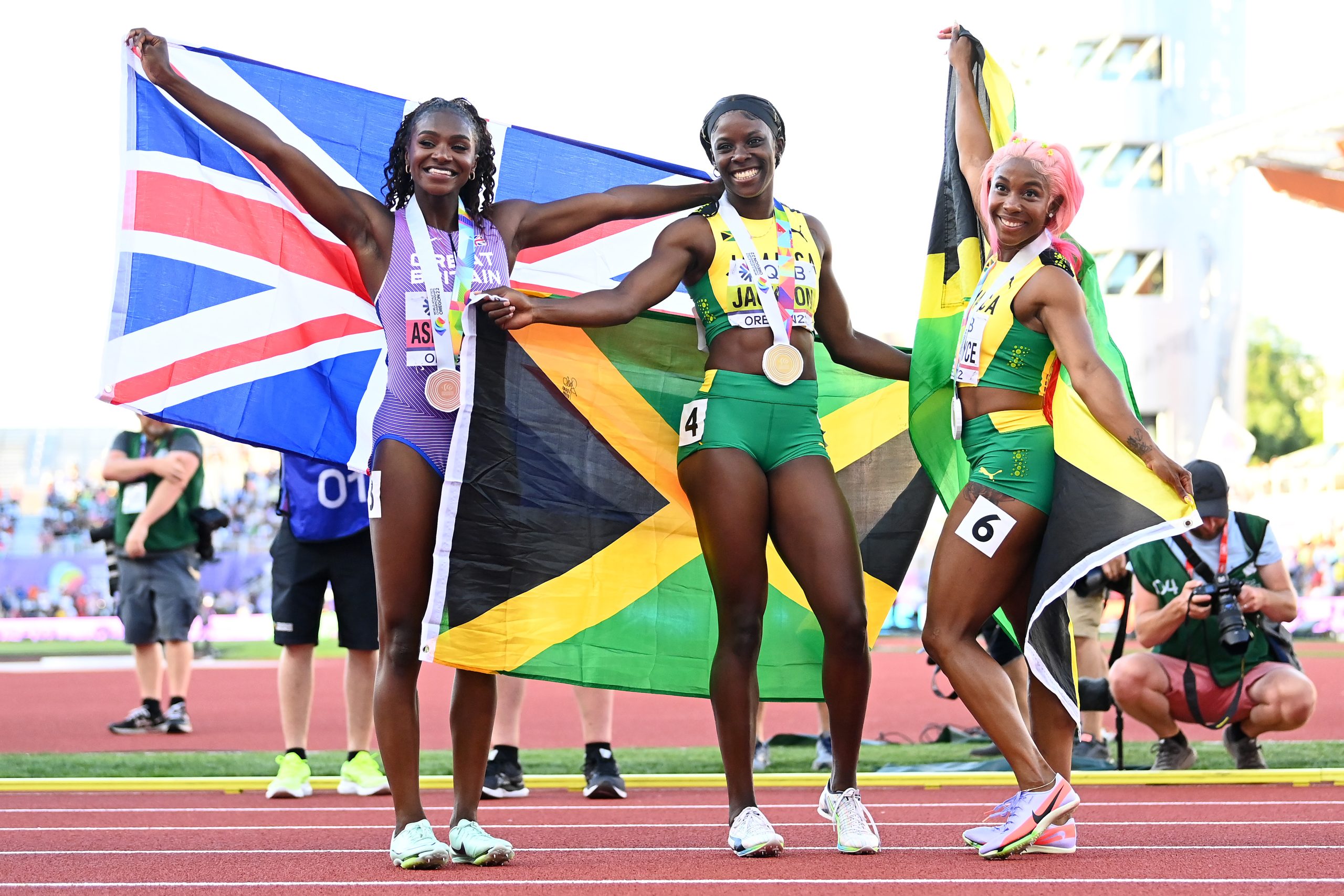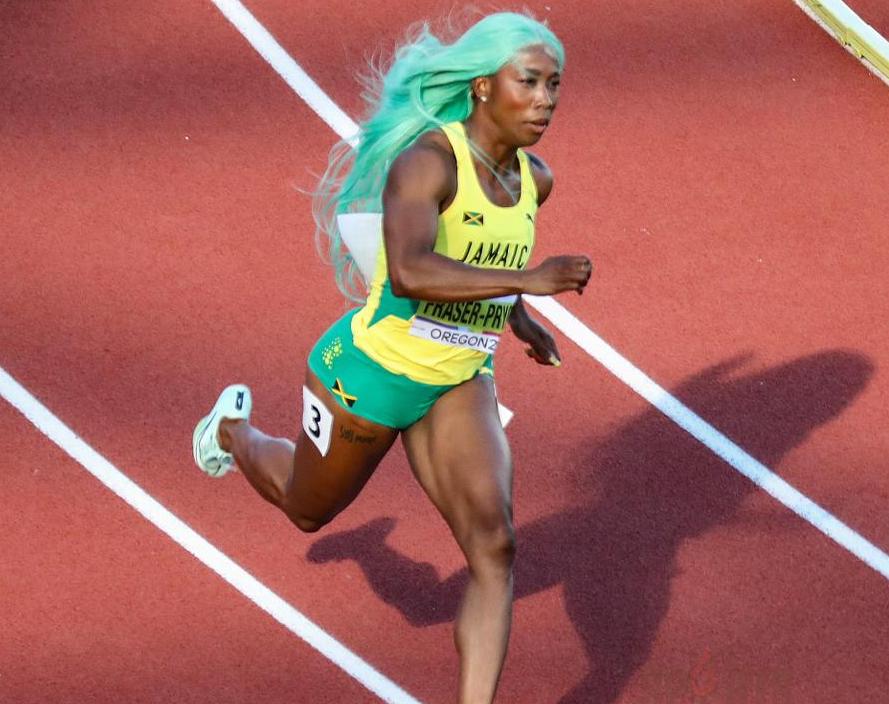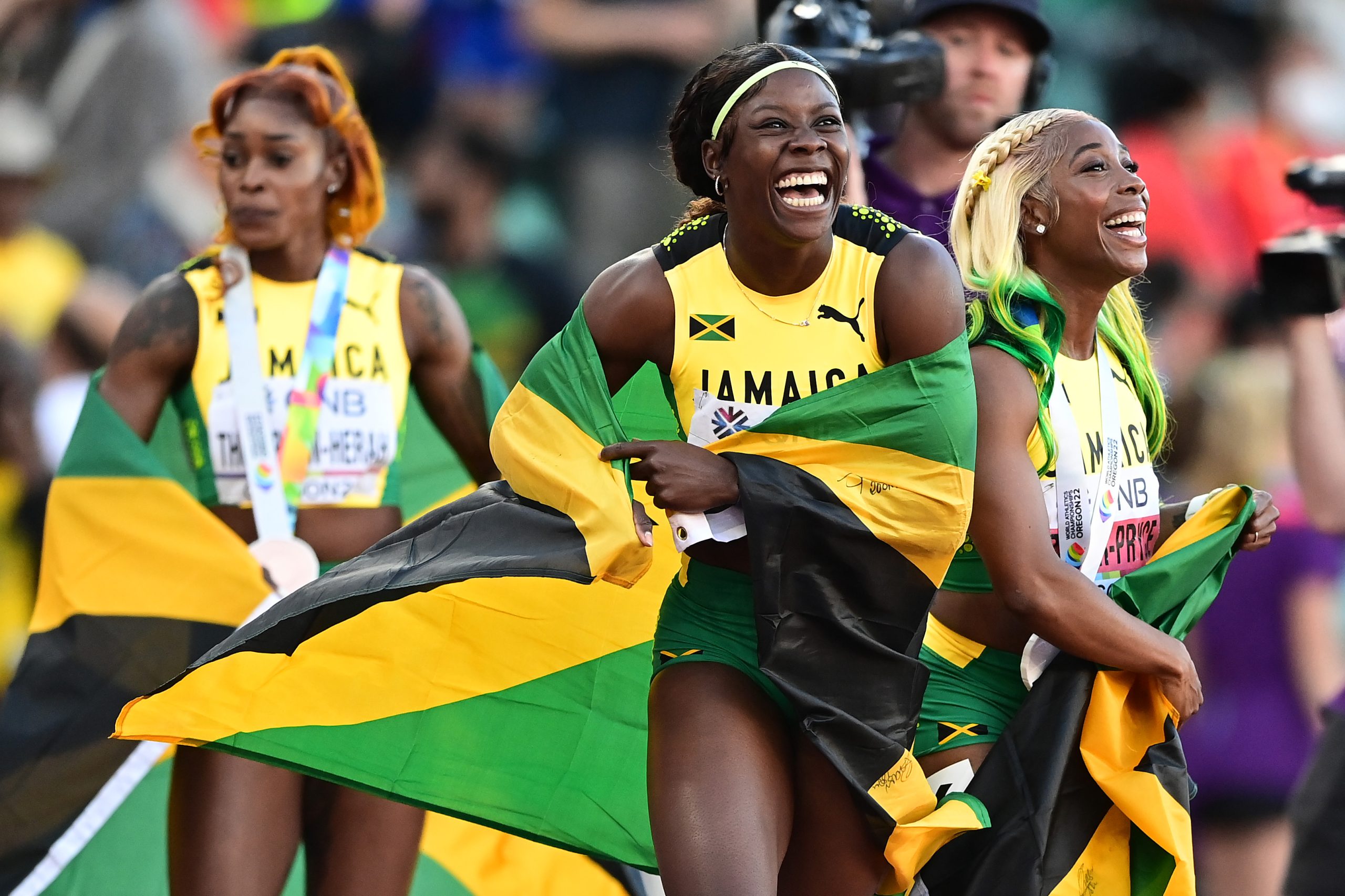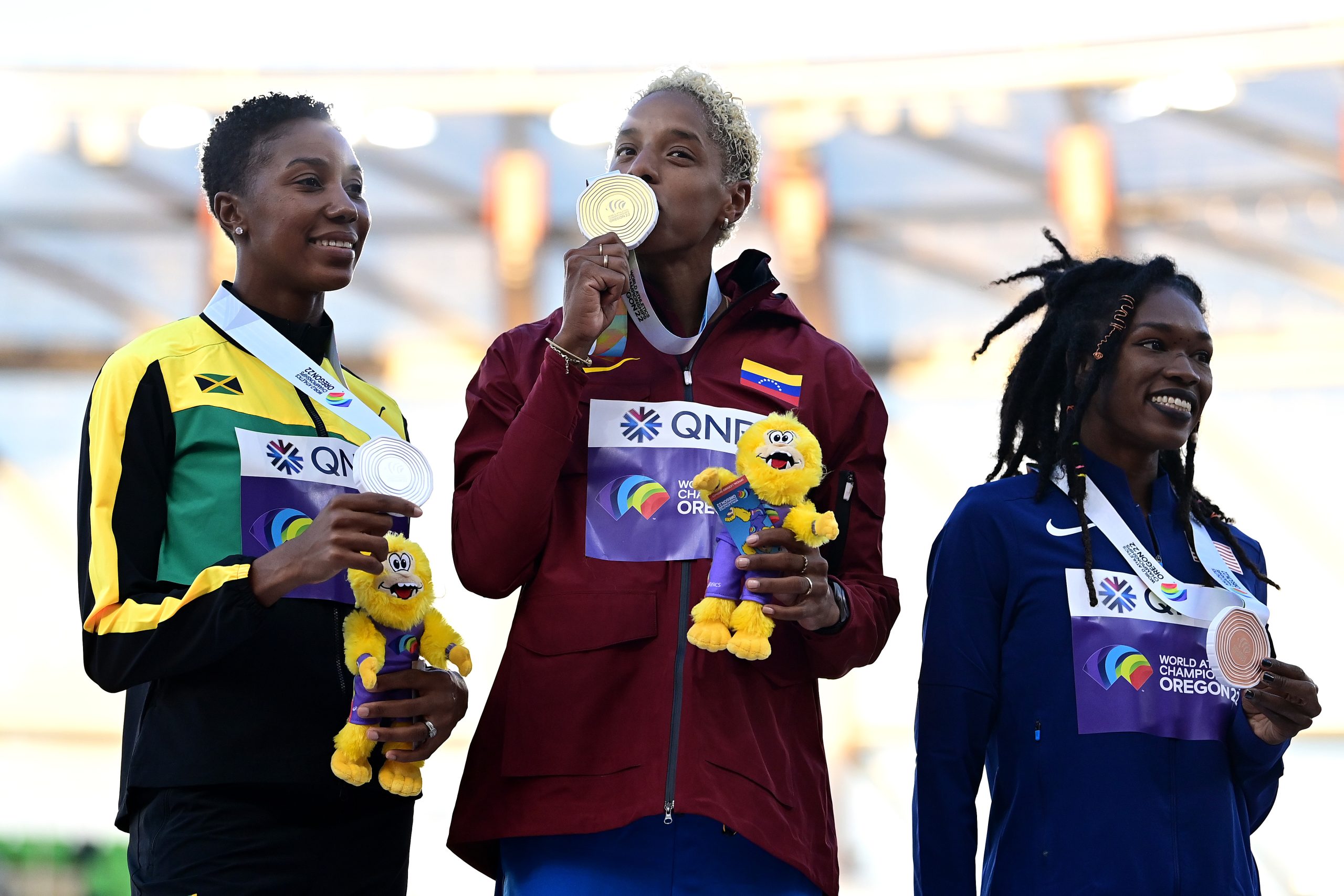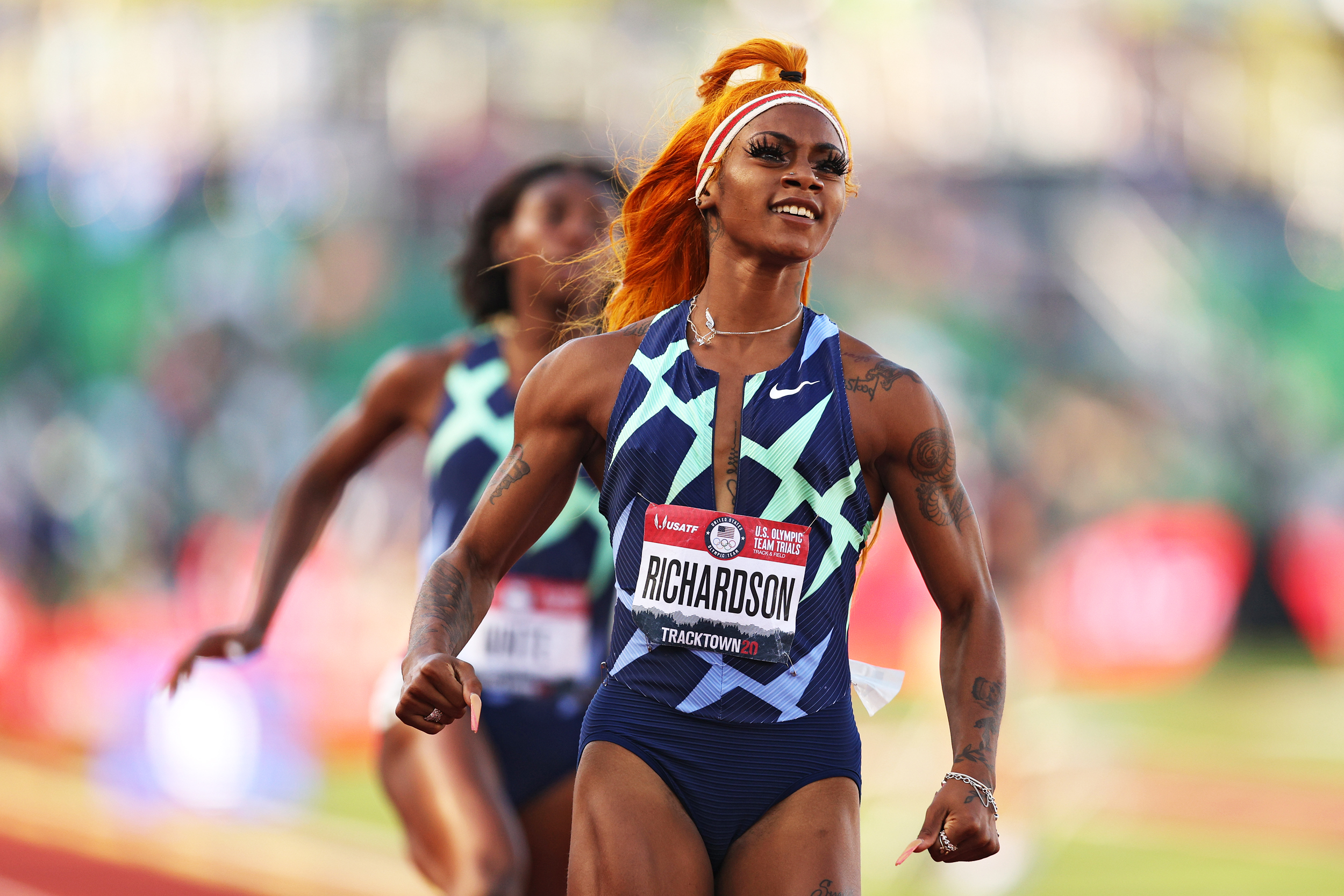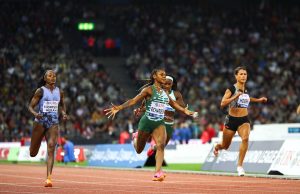The IAAF has agreed to delay the implementation of its Eligibility Regulations for the Female Classification (Athletes with differences of sex development (DSD)) from November to March, to avoid further delay in the proceedings brought by Mokgadi Caster Semenya and Athletics South Africa (ASA) challenging their legality.
A contested application to stay the implementation of the DSD Regulations would have caused additional delay and created new uncertainty for athletes seeking to compete in the women’s category.
The regulations, which require athletes with DSDs to maintain their serum testosterone levels below 5 nmol/L for at least six months prior to competing in Restricted Events (races over distances from 400m to one mile, inclusive) in International Competitions, were due to be implemented on 1 November 2018.
The IAAF remains very confident of the legal, scientific, and ethical bases for the Regulations, and therefore fully expects the Court of Arbitration for Sport to reject these challenges. However, the IAAF also understands that all affected athletes need certainty on the point as soon as possible. Therefore, in exchange for Ms Semenya and the ASA agreeing to an expedited timetable, the IAAF has agreed not to enforce the Regulations against any athlete unless and until they are upheld in the CAS award, which is expected on or before 26 March 2019.
“Prolonging the uncertainty for athletes looking to compete in these distances next year and beyond is unfair and so we have reached a compromise with the claimants. We have agreed not to enforce the regulations against any athlete until the contested regulations are upheld. In exchange, they have agreed not to prolong the process. All athletes need this situation resolved as soon as possible,” said IAAF President Sebastian Coe.
In a notification sent to all IAAF Member Federations today, IAAF Health & Science Department Director, Stéphane Bermon MD, PhD said: “We recognise that this five-month shift in the timetable from a November to a late March start date could result in affected athletes having to sit out the bulk of the outdoor season leading up to the IAAF World Championships, including international competitions such as the Diamond League which begin in May 2019. The original November 1 start date was designed specifically to avoid this. Because of this, although the Regulations are formally stayed pending the outcome of the CAS proceeding, the IAAF Health and Science Department stands ready to support athletes and receive biological results from individual athletes with DSDs wishing to start their six-month suppression period at any time from today. Athletes wishing to begin their six-month period sooner than the end of March should contact me directly.”
It is expected that the hearing will take place in February with a decision at the end of March. Any further information in relation to proceedings will come from the CAS.


